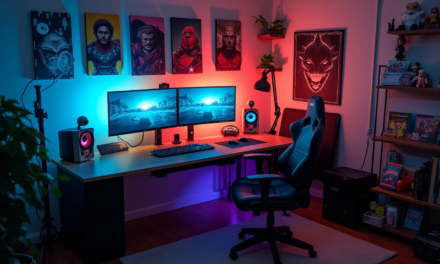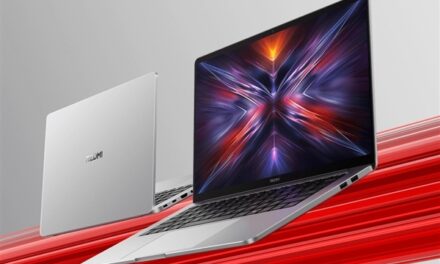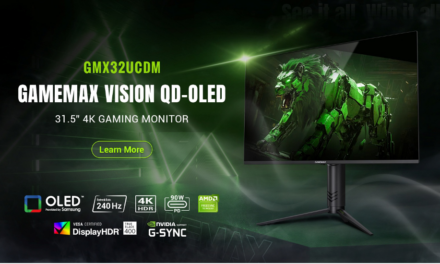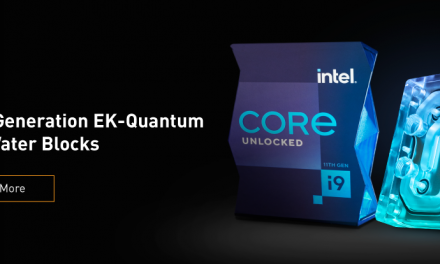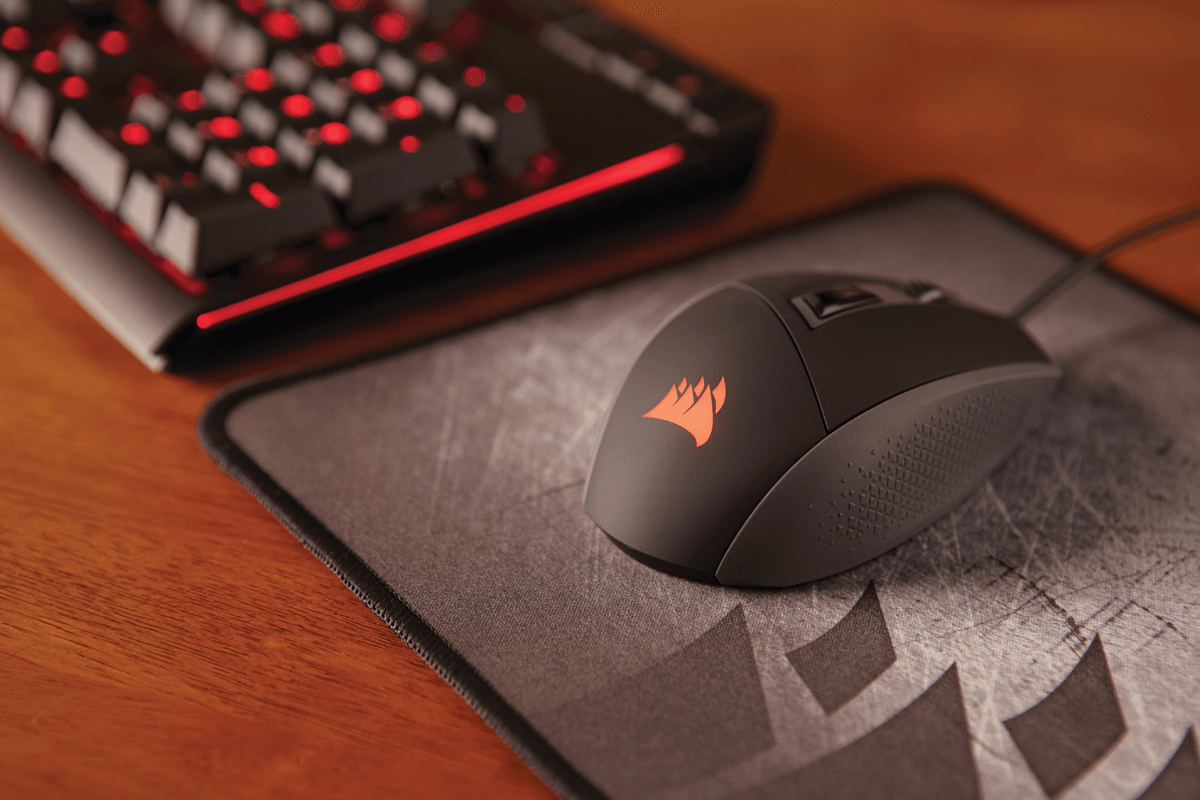
9 Features Every Gaming Headset Should Possess to Be Considered Great
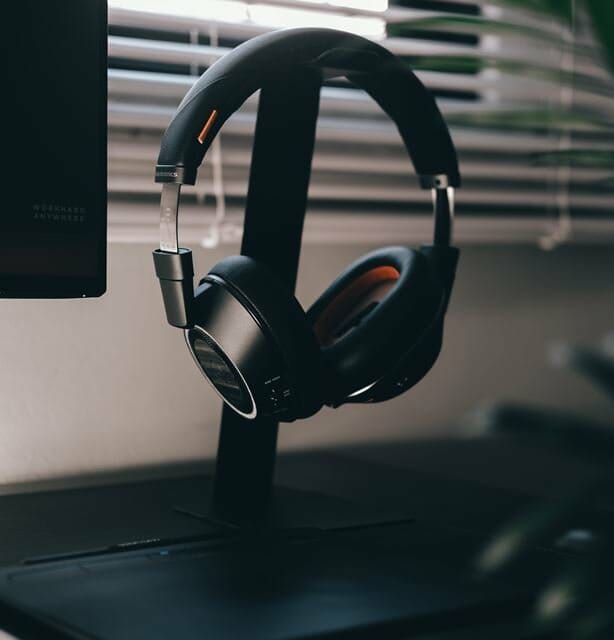
We explain how to pick a really good gaming headset, covering everything from Bluetooth and sound quality to design, price, and mic quality.
Whether you spend your Saturdays playing action RPGs or first-person shooters (perhaps even betting on their eSports events on sports betting sites with Trustly), superb audio enhances every gaming experience. The best audio experience requires a gaming headset, even if your computer already has high-quality speakers. We have the expertise to get you outfitted with the ideal headset for your journey, whether you’re an early-morning grinder, an after-work rager, or a late-night raider.
# 1 Wireless vs. Wired
The decision to go wirelessly or not when choosing a headset is among the most important ones you’ll have to make. We’re all trained to believe that something more expensive must necessarily be of greater quality—wireless costs more—but each alternative has advantages and disadvantages. We want to present them to you so you can decide which is ideal for your requirements.
The crackle, feedback, and static that can occur with 3.5mm connections are eliminated with wireless connections. Additionally, they do away with cords, which are bothersome to both use and look at. They clog up your arrangement and make the area appear more disorganized. They usually appear to be too short to really be cozy or too long to get tangled up in the wheels of your gaming chair. Additionally, wires are limiting. You can hear them as they brush against you while gaming, a sound described as microphonics if you’re an audio nerd, and you can sense them when you play dependent on the twisting of the cord and the material of the clothing you’re wearing.
But practically all wireless headphones make some audio fidelity tradeoffs. A corded headset makes it simpler to obtain fuller sound, and truly excellent wireless headsets cost more to use. Price is always a consideration when cutting the cord, as was said before. There’s a pricing difference between wired and wireless, however, it’s getting smaller every year.
In-game wireless sound is also less dependable for a variety of reasons, the most important of which is that your headset might break. Your Bluetooth headphone could go out at a crucial time if you play for too long or fail to charge them in between sessions, leaving you stumbling in the dark until your character succumbs to the same fate (Dark Souls).
There’s no default best option, as you can see. In the end, it boils down to purpose as much as preference. Avoid going wireless if you want to become a professional gamer. You require both the dependability of infinite power and the modest edge of the wired type. Wireless could be more cozy and practical if you’re merely a typical weekday casual or weekend traveler. One says that whoever switched to wireless hasn’t turned back since. You won’t be able to use some expensive wired-only solutions, such as the HyperX Cloud Orbit S, but you’re obviously prepared to make that trade-off for convenience.
# 2 Bluetooth Yes or Bluetooth No?
Did you think we just discussed this? Kind of… This section is only for the wireless gang; if you determined that wired was the route to go, move on to the next section.
A headset may be described as “wireless”, but that doesn’t guarantee that it has a Bluetooth connection. While, say, Sennheiser GSP 370 wireless gaming earphones are wireless, they lack standard Bluetooth connectivity. This means that they can only communicate to your PC through a dongle and can’t connect to your smartphone or other devices that don’t have USB ports.
When playing mobile games, you really enjoy having the option to link your SteelSeries Arctis Pros, for example, to your phones, thus this can be a significant negative for people who want the maximum freedom. But how significant is this function in terms of gaming? Truthfully, not very. We wouldn’t stress over this at all if you’re just purchasing a headset to play video games at your work. But you should constantly keep that in the background of your thoughts.
Choose the Bluetooth option if you have to decide between two headsets that you like equally. Although not necessary, it will benefit you in terms of adaptability.
# 3 Physical Connectivities
You must be aware of the physical connection alternatives your headset offers, even if you choose wireless. Generally speaking, the best headphones will have a variety of connecting possibilities. Nearly all of them are covered by one of the gamers’ favorites, the AUDEZE Mobius. One of the rare occasions we concur that more is preferable is here, therefore it’s critical to know which alternatives are ideal for your PC. If you play video games on a laptop, you might assume that wireless is the way to go. However, you should be aware that your wireless headsets may still require a USB port for their dongle.
The conventional 3.5mm connector is your buddy if you don’t have many available USB connections. The Nintendo Switch’s 3.5mm port is necessary for gameplay as well. We should also point out that the best sound output connections are optical and USB, and that even the highest-quality 3.5mm connection is subject to feedback.
# 4 Audio Quality
Even while practically any headset will reduce the default audio on your PC to itty bitty sound bites, it’s crucial to understand how much even a mediocre headset may enhance that audio. Trust your senses and your gut when it pertains to sound. Based on your budget and necessary inclusions, you should shorten your list, then test your best bets to determine which appeals to you the most.
Even if a headset lacks all the extra whistles and bells you were looking for, always choose the one that sounds better. The real value is created by the sound quality. Yes, more expensive headphones typically have superior sound. However, there are several excellent low-cost choices that can enhance your experience without draining your money account.
# 5 Price
Remarkably, high-quality game audio starts at just $50. Corsair HS50 is priced right there. These HS50s are an excellent investment because, for just a few shekels, you may completely alter your gaming experience and meet even the most fundamental requirements. You should spend more money on headphones if you consider yourself to be more of an audiophile than the average gamer. Fortunately, you can get a top-notch headset for anything from $80 to $200. The majority of models in this price range are somewhat comparable and features more frequently distinguish each model than real sound quality.
Always read the reviews, and pay close attention to those written by those who seem to have your needs or desires. It’s not valid information when a father buys his child a generic headset and gives it a five-star review as he can’t hear his child play Fortnite any longer. For those who paid attention to our advice on testing, e.g. Amazon also offers excellent return policies.
# 6 Coziness
The comfort of a headset may be more significant to the ordinary gamer than its audio quality. We’ll take a brief break to allow the audiophiles to calm down before continuing our argument of that contentious assertion. You need something comfy if you plan to play video games for an extended period of time, which is essentially the only way a lot of people ever play. Muddy lows are preferable to achy, perspiring ears. The best piece of advice we can offer is to value comfort more than you might think.
Don’t just put on a headset to see if it fits; wear it for a while, turn your head, and lower or extend the microphone. To enable the headset a chance to settle, try testing these out in-store for a long time. Comfort, which is a personal preference, is the biggest distinction between a truly inexpensive headset and one of the inexpensive headsets recommended by experts (these can be found on Reddit, for example). Even though we constantly want people to follow our recommendations, we nonetheless advise trying before they buy. When you do decide to buy, Amazon is a wonderful option because returns are simple and hassle-free if something turns out to be less comfortable than you had anticipated.
# 7 Design and Appearance
One of the most overemphasized parts of the audio world is gaming headset design. The most gamer-focused headphones have been designed by so many companies, wasting so much energy and time. We made all that work simply to let you know that it doesn’t really matter. The only time the aesthetics of the headset will be important to your setup is when you showcase your gear on r/RateMySetup. You’re reading the wrong post if that’s how you plan to purchase your headset. In reality, for a few reasons, we back away from the sharper aesthetic frequently. These explanations are so obvious that we’ll just list them in their entirety.
- While using the headset, you’re unable to see anything.
- You probably shouldn’t wear something if you can genuinely see it when you’re wearing it.
- Bold aesthetics generally make up for poor audio.
The last issue you want while gaming is distractions, and if you can see any portion of your headphones, the design is terrible. What if you’re a streamer, though? A good point. You’ll never become a Twitch partner if your goal is to increase viewership using the LEDs on your headset. There are a handful of daring headsets with excellent audio if you enjoy a little flair; we won’t judge. The Logitech G933 Artemis Spectrum is excellent at giving OOMF in terms of both appearance and sound.
# 8 Mic
Mic performance is actually less significant than the average gamer would imagine, while comfort is more crucial than most people realize. Since not all microphones are created equally, you really should check that the headset’s microphone sounds decent before spending money on it. However, we advise you to remember that decent headset sound on any genuine gaming headphones from a respectable manufacturer is sufficient for 99% of players.
We advise purchasing a good microphone if you care about your friends and want to improve their experience. Some mics perform significantly better than others. It’s not necessary to go overboard; a less expensive HyperX or SteelSeries will do. But even a cheap mic will convey your wrath if you’re just trashing your Reinhart after he solo assaults your opponent’s entire team.
# 9 Software
What software it includes should be your last priority when purchasing a gaming headset. This item is the last on our checklist because it isn’t the most crucial component. The majority of gamers are happy with their headset’s default audio and may not even be aware of or use the associated software. Some headsets, such as the HyperX Cloud Revolver S, contain a hardware toggle for EQ, which is far more user-friendly than any available software.
Having said that, there are people who thrive on making little audio modifications, and we sympathize with them. Generally speaking, audio quality increases with headset quality. A significant portion of the value of certain extremely expensive headsets, such as the AUDEZE Mobius, is connected to software integration. Therefore, if you’re not using it, the headset is costing you a lot of money. While not all of the major brands offer a software suite that allows you to experiment with bass levels, most of them do. Be sure to check it out prior to taking your headset to the register if that’s important to you.

